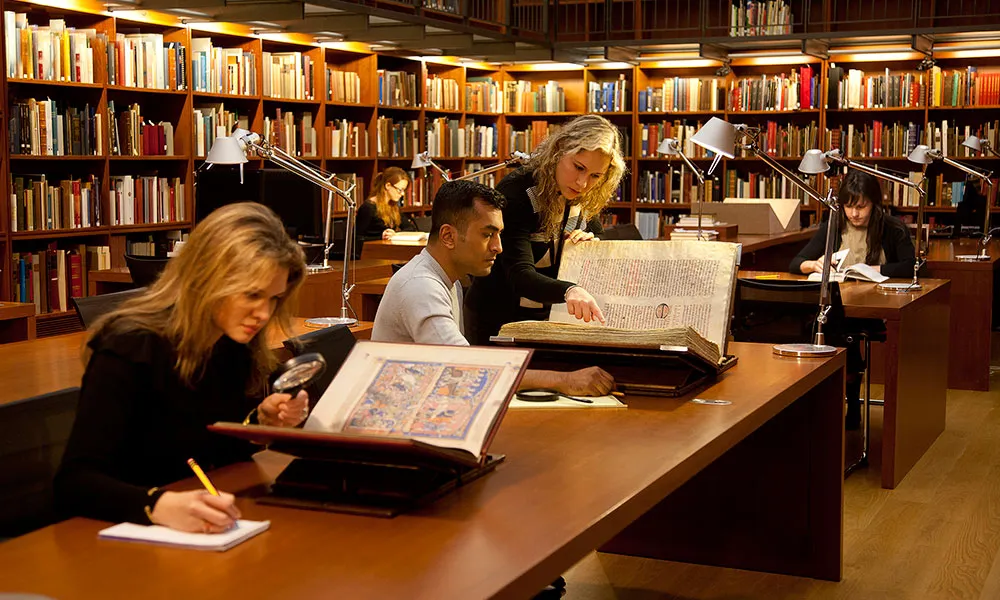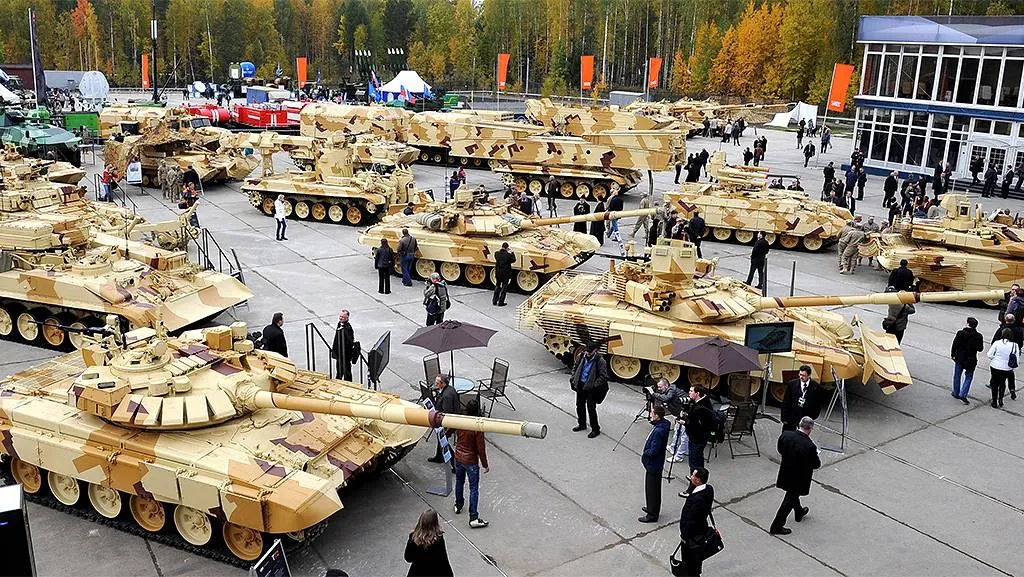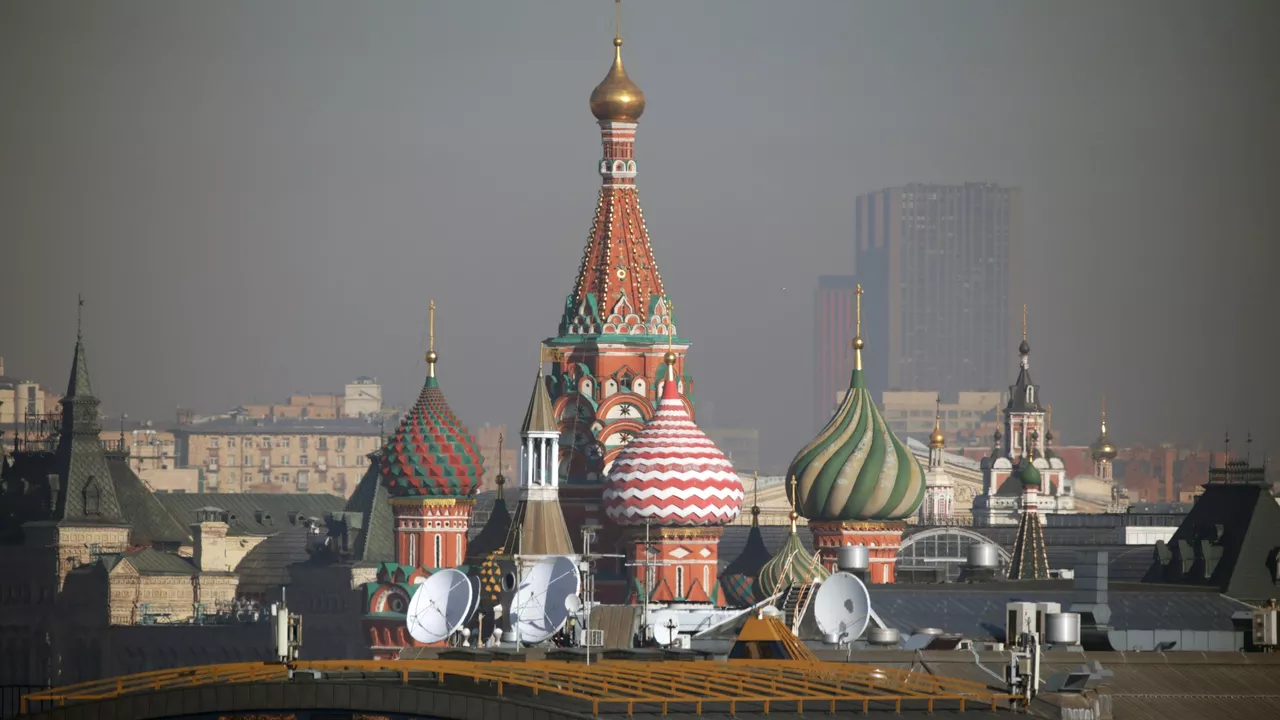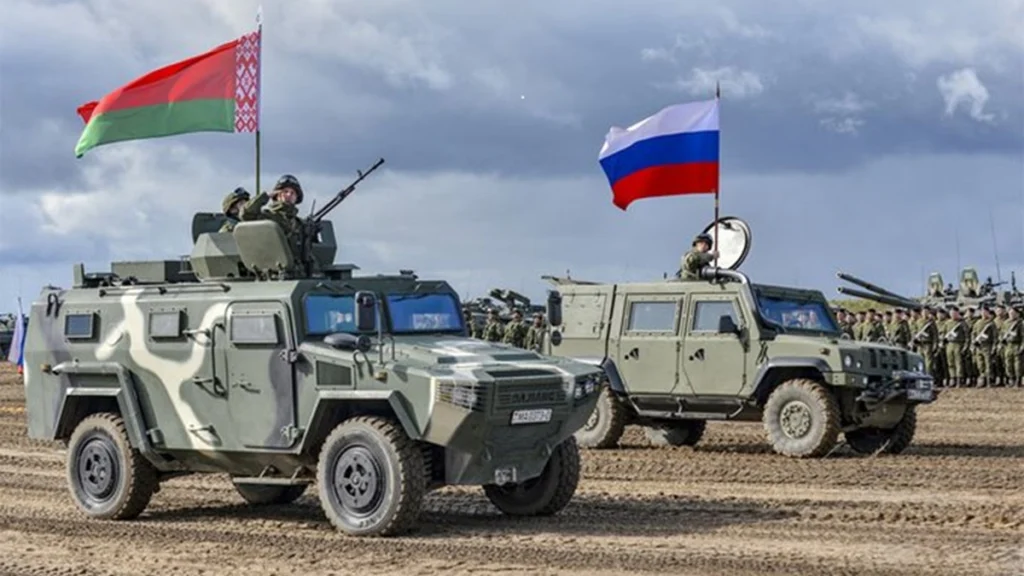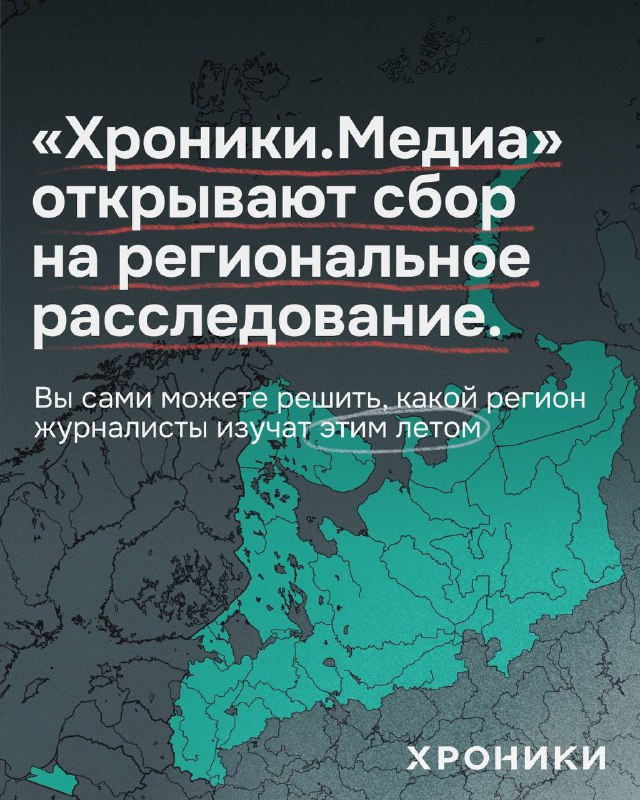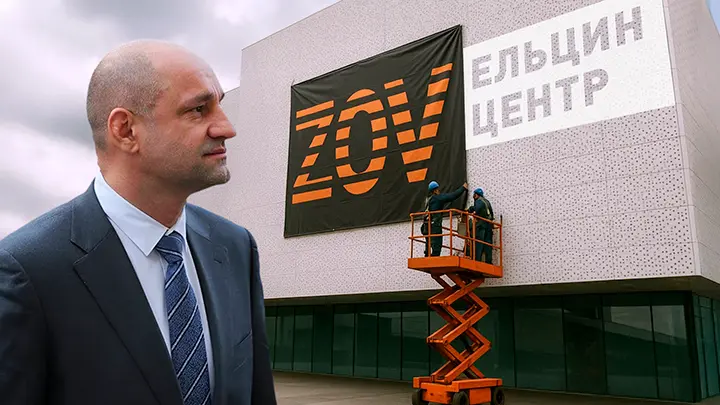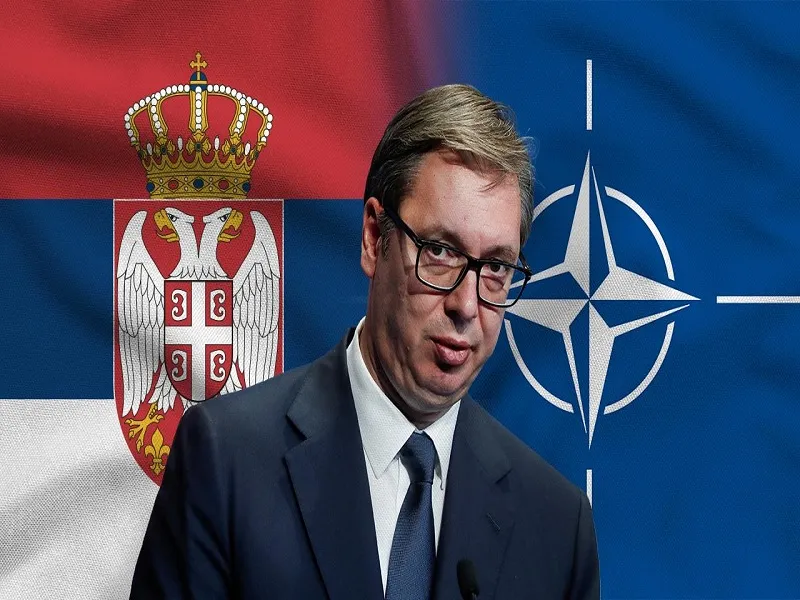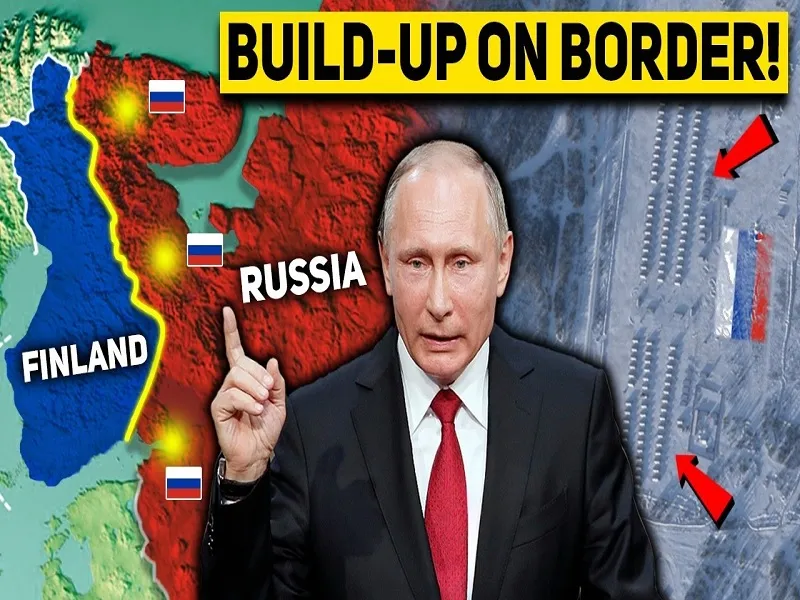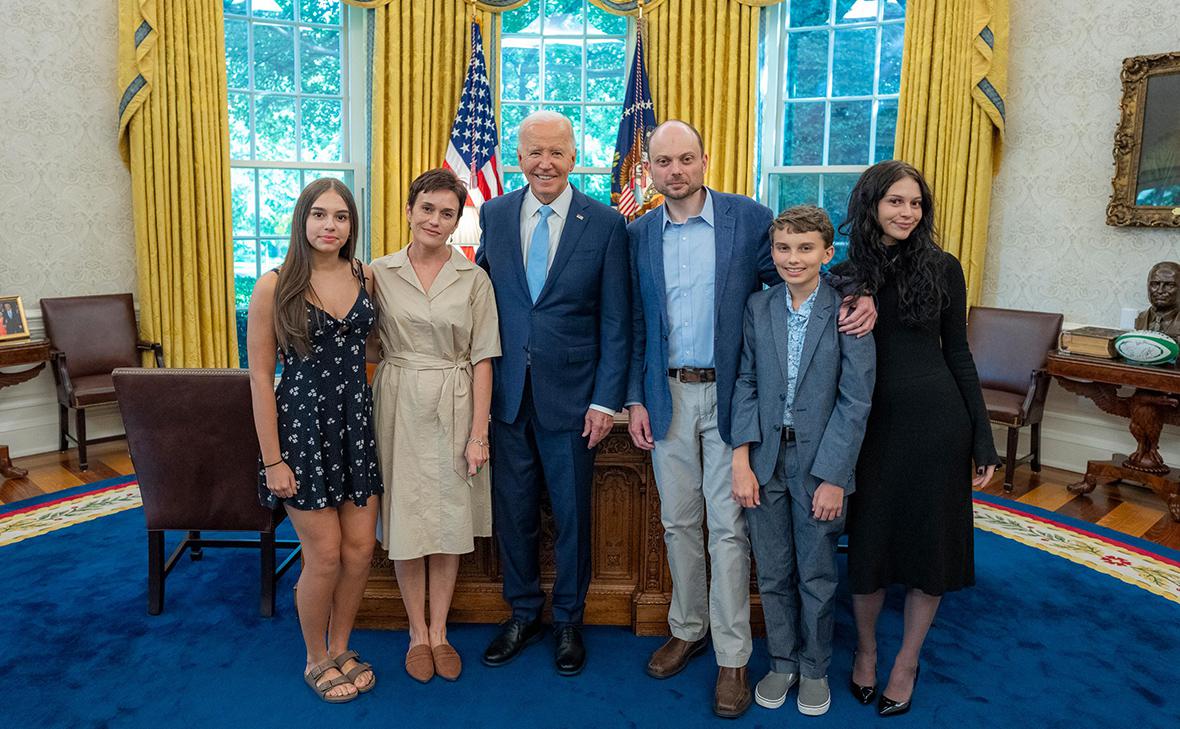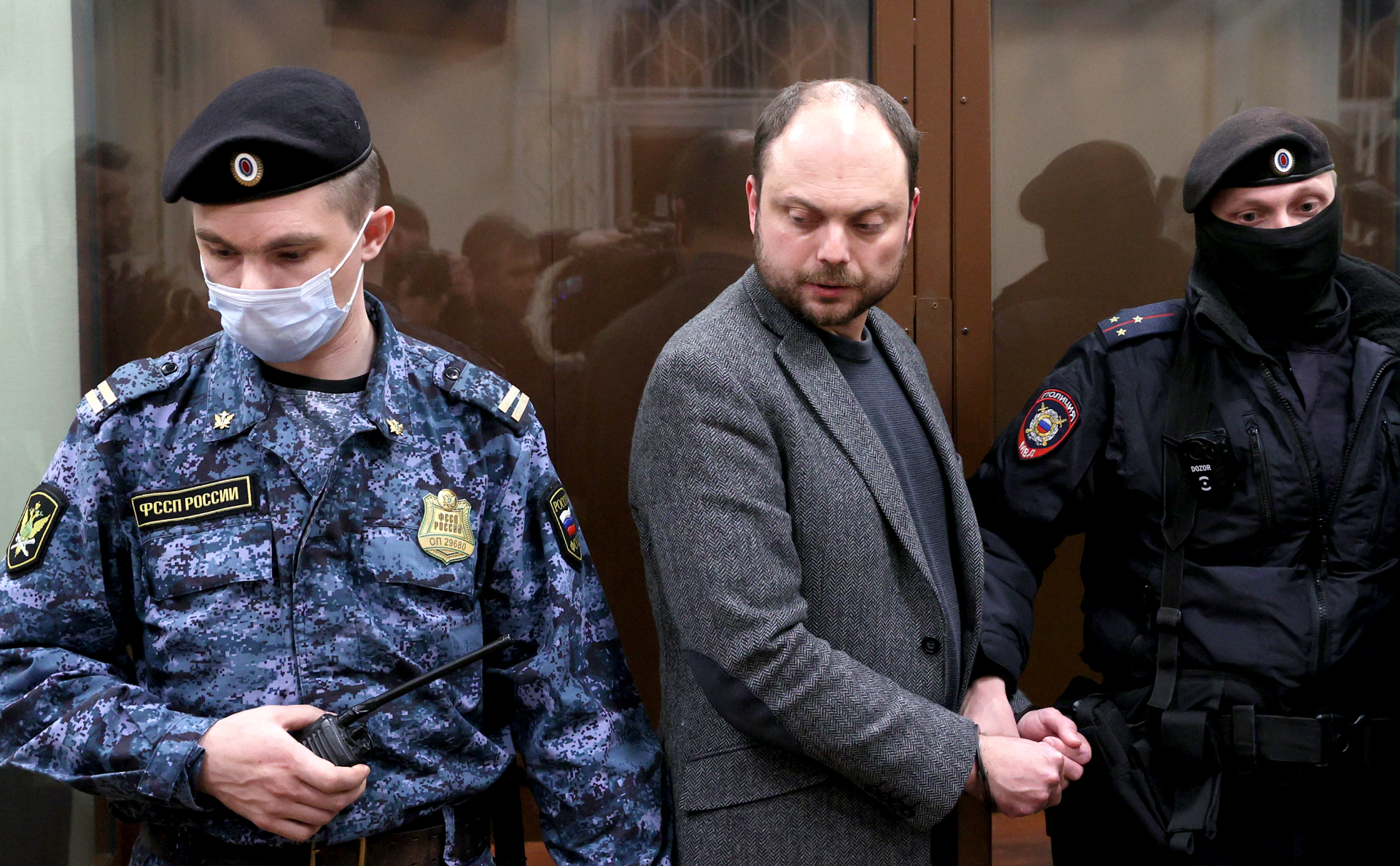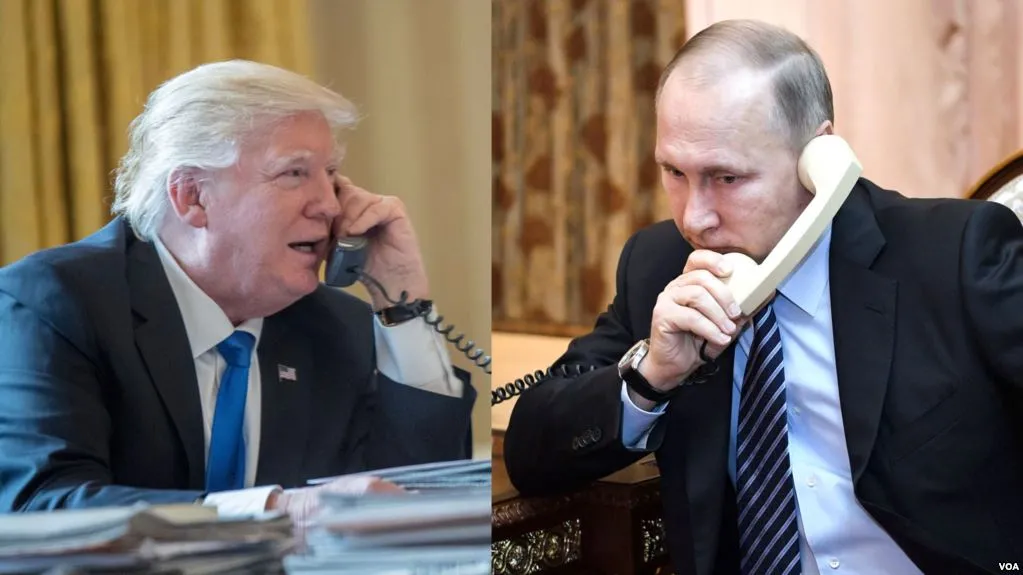ON THE FINN FRONT, WHY IS THE PRESIDENT OF FINLAND STUBBING HIS TOE ON RUSSIA?

By John Helmer @bears_with
Born with a large Russia-hating chip on his shoulder, Cai-Göran Alexander Stubb has been the ideal US Government recruit to be president of Finland. And so, since March 1, 2024, he is.
No one in Finnish politics has done as much as Stubb to cancel Finland’s post-war neutrality, drive the country into the NATO alliance, and establish US bases to escalate the war against Russia on the northern front. Four weeks after taking power, Stubb announced his policy of deploying US forces, including missiles, drones, aircraft and heavy ground weapons at Finnish bases. “When American war materiel is placed on Finnish soil,” he said, “it strengthens Finland’s defence.”
In one of Stubb’s schemes, NATO’s regional Multi-Corps Land Component Command (MCLCC) has been established and expanded at Mikkeli — 256 kilometres from St Petersburg as the missile flies – and subordinated to US command-and-control at Norfolk, Virginia. US F-35As, newly purchased by the Finnish Air Force (FAF), will be based at Rovaniemi airbase, 24 minutes’ flying time from St. Petersburg; the air defences for the base will be led by the medium-range, Israel-supplied David’s Sling, recently beaten by Iran. US-supplied rocket and artillery systems, such as the HIMARS, which have been defeated by Russia in the Ukraine, are to be based at Rovajärvi, where the US Air Force has been coordinating B-52 bomber operations this year. Rovajärvi is within HIMARS shooting range of the Russian border bases in the Murmansk region, such as Alakurtti and Kamenka.
Loaded on board the USAF B-52 and the F-35As of the FAF, Stubb is also trying to draw US nuclear weapons on to Finnish territory by ending the current Finnish law banning storage of US air-dropped nuclear bombs and nuclear missile warheads or moving them into firing position there. “We in Finland must have a real nuclear deterrent,” according to Stubb, “and that’s what we have, because NATO practically gives us three deterrences through our membership.” For the time being, he is opposed on deployment in Finland of nuclear weapons by officials in the current coalition government.
The outcome already, according to an analysis by a Moscow think tank, is the opening of a new warfighting front against Russia from Poland to Finland, with a surge of US weapons paid for by the Europeans but directed by US commanders. “The entire northern and north-eastern flanks of the [NATO] bloc will be subordinated to a single command centre, which will significantly increase their military and operational connectivity and create a potential unified theatre of operations from the Baltic to the Barents Sea… Once all Nordic defence initiatives are implemented, the United States will be able to unimpededly project its force right at the Russian border, posing a significant security threat to Russia.”
On March 30, Stubb made an unscheduled trip to play golf with President Donald Trump in Florida. “The presidents met over breakfast, played a round of golf and had lunch together,” Stubb’s office said no more at the time. Trump tweeted: “I just played a round of Golf with Alexander Stubb, President of Finland. He is a very good player, and we won the Men’s Member-Guest Golf Tournament at Trump International Golf Club in Palm Beach County, with the Legendary Gary Player, Senator Lindsey Graham, and former Congressman and highly successful Television Host, Trey Gowdy…President Stubb told me, in the most powerful of words, that the United States is STRONG, and BACK, AGAIN. I AGREE!”
Trump revealed that he and Stubb had made a deal for “strengthening the partnership between the United States and Finland, and that includes the purchase and development of a large number of badly needed Icebreakers for the U.S.” The icebreaker deal is worth several billion Euros. “If confirmed,” the Helsinki press reported, “it would be a crucial shot in the arm for Finnish heavy industry, which has struggled to fill its order books.” The Finnish vessel price is several times cheaper than US shipbuilders propose to charge; the standing US Coast Guard contract for one Polar Security Cutter (PSC) is $1.3 billion. Trump’s Stubb deal violates existing US law and breaches the pact which the Biden Administration had signed with Canada and Finland on icebreakers on November 13, 2024.
In matching payback, what Stubb promised to do for Trump’s friends and constituents like Elon Musk, is suspected to be lucrative in the billions of dollars, but remains secret. Not quite, because Trump’s friends like to boast.
Why Stubb for US stooge? Russian sources answer.
According to Sergei Andreyev, an expert on Finland at Tass, the answer for Stubb “is due to the family history. His father Göran Stubb came from Priozersk, renamed Kyakisalmi after the Soviet Army withdrew at the end of the Soviet-Finnish War of 1939-1940. His paternal grandparents were ethnically Swedish and came originally from Vyborg, which has remained Russian. The family had moved to Helsinki before the war, and Alexander Stubb was born there [April 1, 1968]. He was sent to high school in Florida, then university in South Carolina on sports scholarships. He then gave up golf for academic studies in Paris, Bruges and the London School of Economics. Most of his salaried life has been paid for as a European Union functionary, then European parliament deputy, the European Investment Bank’s chief executive, and finally Finnish political posts.
Between Alexander Stubb’s start as Finland’s Foreign Minister in 2008, his promotion to Prime Minister in 2014-2015, and his election as president a year ago, there has been a steady shift of government policy towards membership of NATO. Documented in reports by the Moscow think tank Russian International Affairs Council (RIAC), the Finnish government strategy papers have moved to identifying Russia and China as hostile threats. When the US putsch in Kiev triggered the Russian takeover of Crimea in February 2014 and the Special Military Operation followed in the Ukraine in February 2022, Stubb’s coalition argued that Finland’s protection required membership of NATO and integration with US and NATO forces.
“In politics,” Stubb said in a video interview in September 2022, “it is very difficult to admit mistakes, because mistakes must not be made. Still, many politicians, including me, make mistakes…I was wrong about visa freedom for Russians, Nord Stream, Rosatom, and about not being able to promote Finland’s NATO membership as Prime Minister… I thought that human interaction and travel would bring us [Finland and Russia] closer together. It didn’t happen, and you could say that’s fine, but it was one of the mistakes I made. I did raise security concerns and criticise the bilateral agreement between Russia and Germany, but when I was in office, I said that the pipelines would only have an environmental impact. I was wrong. Nord Stream should never have been built. The Baltic States were right, Poland was right, I was wrong…I was always an advocate of nuclear power. We tried to get two reactors in Finland. In the end, we only got one Russian with the help of Rosatom. Did I actively pursue the matter, not necessarily. But I was the prime minister and I should definitely have taken responsibility for it…I was unable to push forward Finland’s NATO membership. It was not easy, as only a small number were in favour of membership. But I work in a position where I should have been able to push the matter forward.”

Stubb’s 20-minute interview is broadcast in English. He acknowledged that his failure to push Finland into NATO was “not easy when only 20% of the population was in favour.” The Russian reaction to Stubb’s admission of “mistakes” came recently from Alexei Pushkov, head of the Russian Senate Committee on Information Policy. “We have to admit that Russophobia breeds stupidity and a lack of realism in political assessments. Moreover, it is surprising that many Western politicians are not at all shy about exposing their stupidity to the public"
In Finnish politics, said Jon Hellevig, a Finnish expert on Russia, Stubb is “the hyena who comes along after the hunters have made their kill and feeds on the leftovers. Like the hyena, he also has one of the ugliest faces in Helsinki.”
The Russian assessment is that Stubb is a simple opportunist, a political vote-counter. He was keen on fighting Russia with the US on the Ukraine battlefield, but only so long as he counted on the US and NATO alliance to win. For his presidential campaign in 2023, Stubb was also counting on Finnish fear of the Russians and confidence they would be defeated in the Ukraine.
In Stubb’s mind, according to Andreyev, “Russia poses and will continue to pose a constant security threat to Europe and Finland; Finland will provide Ukraine with military assistance for as long as necessary. After Finland and Sweden joined NATO, the Nordic countries, the Baltic Sea region and the Far North formed a single geostrategic space, and the Baltic Sea region is of strategic importance to Finland.”
Win or lose in Ukraine, a series of Finnish General Staff papers between 2021 and 2025 claimed that Russia’s priority would be to accelerate the build-up and modernization of forces in the revived Leningrad Military District bordering Scandinavia. The Finnish military — the General Staff has written — does not believe in an early settlement of the situation in Ukraine and predicts a deterioration in relations between the Russian Federation and the West in the coming years; Russia’s struggle for navigation in the Baltic Sea “by any means”; “continued attacks on underwater infrastructure in the Baltic”; “the acceleration of the race of the West, Russia and China for the resources of the Far North”; and “strengthening the intelligence and sabotage activities of the Russian special services in Finland.”
The tough talk has reversed the decline of state budget spending on the Finnish military. While Stubb was Prime Minister and then Finance Minister (2015 and 2016), the government defence budget slipped downwards from 1.5% of GDP to 1.3%. Then between 2021 to 2023 military spending shot up to 2.4%. The money ultimately ended up in the US military-industrial complex.

Source:
https://data.worldbank.org/indicator/MS ... cations=FI
As it did, Stubb campaigned for the presidency by repudiating the criticism that he had been too soft on Russia in earlier years. Finland was again in danger from the Russian Empire, he claimed. “Putin is driven by nostalgia and legacy. Nostalgia of historic Russia with one language, one religion and one leader. A legacy of a leader who has made ‘Russia great again’. He thus sees Belarus and Ukraine as part of Russia. Won’t necessarily stop there.”
The Kremlin log shows regular meetings and frequent conversations between Putin and Sauli Niinistö, who was president from 2012 to 2024, and with the preceding Finnish president and prime minister. But Putin has ignored Stubb for his entire career. He snubbed Stubb’s election in 2024, refusing to send the customary congratulations which Putin had sent Niinistö in 2012 and in 2018.
Trump also ignored Stubb during his first term (2017-2021) when Trump discussed the construction of icebreakers with President Niinistö. The communiqué following their meeting in October 2019 carefully avoided mentioning Russia.
Soon after Trump had won re-election last November, Stubb saw his opportunity. On November 11, he telephoned Trump and “discussed Ukraine, Russia, China, security in Europe and the icebreaker cooperation between Finland, the United States and Canada.” He told Trump then and repeated at their subsequent meetings that Putin should not be trusted.

November 11, 2024 --
https://x.com/alexstubb/status/1856053712176984329

March 31, 2025:
https://x.com/Gerashchenko_en/status/19 ... 2885715406
Following the start of Trump’s second term in January of this year, Stubb promoted his plan to lift military spending to 3% of GDP by 2029. This means allocating a fresh billion euros of the state budget each year, and begin planning for further spending on armament in the 2030s.
This new money is also intended by Stubb to buy the votes of Finnish military industry, its corporate owners and workers who are concentrated in the Baltic shore region of Uusimaa, where about half the established defence companies and many of the new military technology start-ups are located. In the 2023 parliamentary election Stubb’s National Coalition party was the largest vote-getter in this region. In the 2024 presidential vote in Uusimaa, Stubb won 55%. This was the second best regional score for Stubb whose Green Party opponent beat him in the big cities and in Lapland, on the northern Russian border.
MAPS OF FINLAND’S REGIONS AND MILITARY BASES


Just weeks into his presidency and still counting on Russia’s defeat in the Ukraine, Stubb announced there was no need for Finland with its 5.6 million people and 1,340 kilometres of common border, to have a political dialogue with Russia. Instead, he claimed that military action was the only way to achieve peace, starting with his support for the defeat of Russia in the Ukraine. He also backed the building of a €380 million fence along the frontier with Russia for 200km. This began in April 2023; two years later, just 35km of fence had gone up. Stubb’s role has included pushing the idea that cross-border migration is a form of Russian hybrid war against Finland. To counter it, he promoted the enactment of legislation in mid-2024 to end Finland’s constitutional protections for asylum seekers and the laying of mines in the border areas after he arranged for Finland to withdraw from the mine ban convention of 1997.
On September 1, 2024, a defence cooperation agreement with the US came into force which, according to Andreyev’s report to RIAC of last month, “opens 15 of [Finland’s] military facilities for possible use by American troops, while Helsinki will not charge rent for the premises or territories made available to the United States. On September 27 of the same year, the Finnish Ministry of Defense announced the deployment of the NATO headquarters in Mikkeli in the southwest of the country, 140 km from the border with the Russian Federation and in the northern region of Lapland. On April 1, 2025, the Finnish authorities announced preparations to withdraw from the Ottawa Convention on the prohibition of anti-personnel mines (previously, a similar step was taken by the defense ministers of Latvia, Lithuania, Poland and Estonia), noting that this was ‘a cost-effective way to complement the capabilities of the armed forces,’ but adding that the country would be ‘committed to the humanitarian objectives of the convention.’ after a possible exit.
On April 15, 2025, a Finnish serviceman took part for the first time in a flight on a NATO E-3A long-range radar detection and control aircraft as part of the Ramstein Alloy 2025 exercises in the Baltic region. “Representatives of 17 countries are involved in the NATO Airborne Early Warning & Control Force (NAEW &CF), in addition to them, Canada, France, Finland and Lithuania also provided their personnel. NATO noted that the E-3A is the first multinational flight unit created by the Alliance.”

FAF Master Sergeant Aleksi after his first flight aboard a NATO E-3A AWACS, according to the NATO press release of April 17, 2025.
The windvane outside Stubb’s office window began to blow in a new direction during the first month after Trump’s inauguration. Stubb decided he needed to take the measure of Trump’s thinking, and if need be, take new running orders. He camouflaged this by proposing a weekend game of golf with Trump, alongside the US Senate’s chief Russia hater, Lindsey Graham.
There has been a “softening” in Stubb’s hardline stance towards Russia, Andreyev reports, “after the election of US President Donald Trump, who had a different view of the Ukrainian conflict after the extremely pro-Ukrainian administration of Joe Biden.. During his March 29, 2025, visit to Florida, Stubb attempted to dissuade Trump from cooperating with the Russian Federation, and also called for tougher sanctions against Moscow.The Finnish leader had to admit that Europe had begun discussing the resumption of contacts with the Russian Federation, and Finland needed to ‘prepare mentally’ for restoring relations with Russia at the political level, since ‘nothing cancels the fact that Russia is and always will be a neighbour’.”
At the same time, Stubb tried to promote himself as the Europeans’ and Ukrainians’ best go-between with Trump. “At the moment, I see Finland’s role more in being able to articulate the messages of Europeans to the United States and the messages of the Americans to Europeans,” Stubb told reporters the day after the golf game.

Left to right, Stubb meets Trump in Paris, December 7, 2024; Florida, March 29, 2025; the Vatican, April 26, 2025.
Stubb has continued to promote himself. Briefing local reporters on May 18, he said he had “engaged in a lengthy phone conversation on Saturday with US President Donald Trump, followed by a call on Sunday morning with Ukrainian President Volodymyr Zelensky. ‘Zelensky is patient, but Trump is starting to grow impatient… towards [Vladimir] Putin,’ Stubb claimed.”
Trump’s telephone and tweet log – when the President was in Saudi Arabia — reveals no conversation with Stubb on May 18. Instead, Trump disclosed that on the next day, May 19, he had included Stubb in a party call with “Zelenskyy, Ursula von der Leyen, President of the European Commission, President Emmanuel Macron, of France, Prime Minister Giorgia Meloni, of Italy, Chancellor Friedrich Merz, of Germany, and President Alexander Stubb, of Finland… immediately after the call with President Putin.”
In Trump’s report on his call with Putin, there is no sign of Stubb’s claim of Trump’s impatience with Putin. Instead, according to Trump, “I just completed my two hour call with President Vladimir Putin of Russia. I believe it went very well. Russia and Ukraine will immediately start negotiations toward a Ceasefire and, more importantly, an END to the War. The conditions for that will be negotiated between the two parties, as it can only be, because they know details of a negotiation that nobody else would be aware of. The tone and spirit of the conversation were excellent.”
Politically, Stubb the opportunist, who had succeeded in winning the presidency on the line of war against Russia, is trapped by his own opportunism because the Finns are now saying they are more fearful for their security than before Stubb’s escalation.
“Confidence in NATO’s Security Guarantees Has Weakened During Trump’s Second Term,” reports the latest public opinion polling by the Finnish Business and Policy Forum (EVA), published on April 29. “Two out of three (66%) Finns have a positive attitude towards Finland’s NATO membership. Over six months, support for NATO has decreased by five percentage points. More than half (53%) now believe that NATO membership does not guarantee that other countries would ultimately assist Finland in a real crisis. Confidence in NATO support has seen a significant (-17 percentage points) decline compared to the previous survey conducted in autumn 2023.”
THE EVA POLL SHOWING FALL IN FINNISH CONFIDENCE IN NATO

Source:
https://www.eva.fi/wp-content/uploads/2 ... 47-eng.pdf
There are two reasons for the turn-around in Finnish attitudes. The first is that Russia has retaliated for the militarization of Finnish territory by the US and NATO by reactivating Soviet military bases along the Russo-Finnish frontier, and by matching in military capabilities and firepower, including nuclear arms, whatever Stubb and Trump plan to do.
This new Finnish apprehension reverses the shift in Finnish sentiment against Russia in 2022. “As recently as 2007, over one-third would have avoided taking positions that could have jeopardized relations with Russia. After Russia’s invasion of Ukraine in 2022, only slightly more than ten percent still thought this way.”
The second reason is reported by EVA managing editor, Sami Metelinen: “trust in the security provided by NATO has taken a significant hit in the minds of many. The reason behind this shift in attitude lies in the changes Donald Trump has brought to U.S. foreign policy. Just five months ago, when Joe Biden was President of the United States, a clear majority [of Finns] regarded the United States as an important partner for Finland and a defender of Western values globally…Finns’ foreign policy views have in recent years shifted as rapidly as world politics itself. The majority of Finns turned in favor of NATO membership practically overnight when Russia launched its large-scale attack on Ukraine in February 2022.1 Finland joined NATO in April 2023, and at the same time, attitudes towards the United States — Finland’s key ally through NATO — became significantly more positive…Trump’s statements have clearly affected perceptions regarding the reliability of NATO’s security guarantees, as Finns’ trust in the deterrent power of these guarantees has collapsed. Now, only one-third (32%) believe that NATO’s security guarantees are such a powerful deterrent that no one dares to challenge its member states.”
To combat the rise of the opposition Social Democratic Party in the Finnish public opinion polls and preserve his re-election chances, Stubb is now selling pieces of the Finnish economy to Trump’s friends. According to research by the Athens-based writer Manos Tzafalias, Elon Musk is reported to be considering a large investment in a Finnish production chain for large electric car batteries and in high-volume electricity- consuming data centres for his Artificial Intelligence businesses. Hussain Sajwani, the Damac real estate group owner in Dubai and investor with Trump in UAE golf resort and other ventures, is considering a data centre project in the southwestern city of Kouvola.

Left, Hussain Sajwani with Trump on January 7, 2025; centre, Sajwani at the White House with Elon Musk, April 21, 2025; right, Sajwani with Trump at the White House, April 21, 2025.
For Russian security analysts, Stubb’s Finn front is a fake front camouflaging a plethora of business transactions to profit Trump and Stubb who is “not an autonomous political figure. “
“The Russia-hating virus has penetrated deep into Finland’s military and political elite, prompting it to launch preparations for a war we can hardly fathom,” commented the Foreign Ministry Maria Zakharova last week. “We have been keeping a close eye on the increasingly active military preparations and exercise drills in the countries of the so-called collective West. The fact that they have stepped up their activities in this domain confirms, among other things, that NATO has taken an aggressive posture and has set sight on the territories of its new member states. In this case, it is eying Finland…The manoeuvres include performing wartime tasks. I would like to stress that they have been talking about practicing wartime tasks rather than countering terrorists or providing emergency relief. This means that an ordinary Navy exercise, which used to be held at a national level without any foreign military forces, has suddenly evolved into yet another escalatory tool at NATO’s disposal along the Russian border, and the Finish authorities offered their full-throttle support to this initiative.”
“Maybe they could explain what they mean by that. All they do is focus on the objectives related to this war and spend billions from their national budgets on promoting this so-called narrative, as they say in the West. At the same time, the government of this country has been turning a blind eye to the domestic economic woes they are facing, primarily in terms of the social and economic situation there. This creates an impression that someone is pushing them off the cliff while they fail to understand where they are headed, let alone stop moving in this direction.”
“I think that it is up to the people of this country to assess these developments. On the other hand, we understand the extent to which the media space is blocked. Few people realise the scale of the all-out confrontation with Russia the collective West has been seeking to impose on them and the way this contradicts their national interests, as well as the fact that these steps can literally undermine their national security.”
The cordiality which Foreign Minister Sergei Lavrov had expressed with Stubb when he was Finland’s foreign minister, has now disappeared because he has become an American puppet. “The Americans have militarised all of Europe,” Lavrov said last November, “compelling it to finance the Nazi regime [in Kiev]. The veneer observed during the era of détente and peaceful coexistence has swiftly vanished. Formerly neutral countries – Finland and Sweden – have rapidly altered their stance. They previously maintained close ties with our border regions, frequently visiting and hosting families across the border. I have visited these regions; it was a tranquil frontier. Overnight, this façade dissipated. The current President of Finland, Alexander Stubb, whom I have known since his tenure as Foreign Minister, is now among the most fervent Russophobes. They are erecting walls and proclaiming to the world that Russia is poised to attack them. Essentially, they are misguiding their electorate.”
Stubb was becoming a neo-Nazi, Zakharova warned on April 24. “He went on to accuse our country of having imperialism as part of its DNA. Turns out, Mr Stubb is also an expert in genetics. If this is not the case, he must recall that those who used to talk about genetics and racial supremacy in Western Europe were not educated in this subject and ended their lives badly…there is only one thing Finland’s leadership has demonstrated. It showed that it is totally incapable and helpless when it comes to standing up for its national interests. Ordinary people in Finland will have to foot the bill – what a pity.”
https://johnhelmer.net/on-the-finn-fron ... more-91742
******
ANTI-RUSSIA THROUGH THE YEARS
On May 20, 2025 By Patrick Armstrong
One of the things I’ve often heard and seen Russians say is that the West has always hated Russia and always will. When it needs Russia it will pretend friendship but when the emergency is over it’s back to the same. Britain is often named as the chief hater. I’ve filed this away as something Russians believe to be true but may be exaggerated; after all, every nation is the innocent hero of its own stories. And as Palmerston (of whom more below) said “Nations have no permanent friends or allies, they only have permanent interests“. Take Britain for example. At the moment London is the principal actor in the anti-Russia/pro-Ukraine camp; before that Cold War opponent; then ally against Hitler; then variable; then ally against Germany; then opponent in the Great Game; then enemy in the Crimean War; then ally against Napoleon and back and forth we go until the first and reasonably amicable trade contacts in Elizabeth’s time. From one to the other as interests dictated.
But a month ago I read something that made me wonder if maybe the Russians had a point. It was Orlando Figes’ book on the Crimean War and I was astounded to see the same anti-Russia tropes that we see today. (All page numbers from Kindle edition)
The first difficulty for the Allied propagandists in this very ostentatiously Christian age was to justify going to war against a Christian country in support of a Muslim country. For a French newspaper, it was about stopping “the Greek heresy [from being] imposed by Cossack arms on all of us”. (209) In Britain by the assertion that Christians in the Ottoman Empire were perfectly safe (with the British and French overlooking) while Russian dominance would see “their places of prayer either demolished, or converted into temples of a faith as impure, demoralizing, and intolerant, as Popery itself. What British Christian can hesitate as to the course proper for such a country as ours, in such a case as this? (223) Whew! Russia, “blessed by inhuman Priests” (368), isn’t really Christian after all. (But what an image! Cossack sotnyas galloping through Barsetshire to sabre Archdeacon Grantley!)
And they were as loathsome as their religion. The war was “the crusade of civilization against barbarism” (209) “The defence of mankind” against a “hopeless and degenerate people” bent upon the conquest of the world, a “religious war”. (224) “For the cause of right against injustice”. (223) Against “a country which makes no advances in any intellectual or industrial pursuits, and wholly omits to render her influence beneficial to the world”. (449) Insolence, arrogance and pride; a “bully”. (554) “A Holy War” against the Russians, “heathens”, “infidels” and “savages”. (650) An Anglican clergyman thundered that Russia’s offensive against Turkey was an attack “on the most sacred rights of our common humanity; an outrage standing in the same category as the slave trade, and scarcely inferior to it in crime”. (223)
These horrid people were unrelentingly expansionist. A popular pamphlet dating from 1828, On the Designs of Russia, written by a future Crimean War general, projected a desire to conquer all of Asia Minor and effect the collapse of British trade with India. (73) The foundation of this was the forged Testament of Peter the Great (102) which set out a plan to conquer Europe; it was widely quoted for years.
To return to Lord Palmerston. Tremendously influential for decades and Prime Minister for the last year of the Crimean War, he was very anti-Russian. As far as he was concerned, “The main and real object of the war was to curb the aggressive ambition of Russia.” (267) The fighting in the Crimea was just the start and his desired result was put forth in his memorandum to the British Cabinet in March 1854. The Crimea and Caucasus to the Ottoman Empire; Finland to Sweden, the Baltics to Prussia, Bessarabia to Austria, Poland independent. (540) Liberation movements against tsarist rule to be supported. (443) (Britain had already been providing weapons to Imam Shamyl’s forces in the long-running Caucasus war. (453)) Poland enthusiastically supported the idea (449) It was generally expected that the fall of Sevastopol would bring Russia to its knees and the Western powers could impose their conditions on the Russians. (269) But, when it finally fell in September 1855, Russia didn’t. Now what? France, which had done the heaviest fighting, was not sympathetic to Palmerston’s desires for more war in the Balkans or the Baltic. The Allies certainly weren’t about to commit the forces required to hold Sevastopol. And so they departed six months later. As the Emperor himself said “Sevastopol is not Moscow. The Crimea is not Russia. Two years after the burning of Moscow, our victorious troops were in Paris”. (535) And he was right: at the end the map hadn’t changed much.
And, of course, people who objected to this were “pro-Russian” and therefore “un-English” (204)
**************************************
Back then Russia was an autocracy ruled by a man ruling by Divine Right (and the Brits happily allied with the last of the series in 1914); then it became “the world’s first socialist state” (and the Brits happily allied with that in 1941 – earlier if Churchill had got his way) and now it’s Russia again but without a hereditary ruler and an all-encompassing ideology. None of these changes, apparently, have made a bit of difference: still expansionist, all round nasty, contributing nothing good to the world, contumacious, better broken up but very unstable and soon to collapse. Our side, of course, from its morally immaculate position, is ever in defence of the Right. If you disagree, you’re “pro-Russian” and therefore “un-English/American/Canadian/European/everything good”.
We dealing with something here that doesn’t seem to be very fact-based. Maybe the Russians do have a point.
https://patrickarmstrong.ca/2025/05/20/ ... the-years/
It occurs to me that there was no Polish state in the 19th century...'AI' again?
******
NATO's war against Russia has no end in sight
May 30, 2025 , 2:11 pm .

The Defender 25 military exercise is a U.S.-led exercise designed to strengthen NATO and demonstrate its rapid deployment capability (Photo: Atlantic Council)
At the beginning of the year, the international scene offered superficial signs of de-escalation: diplomatic gestures between Washington and Moscow, declarations of goodwill, and speculation about a possible strategic shift with Donald Trump's return to the White House. For months, rumors have circulated about a possible meeting between Trump and Putin as a symbol of this shift, but no meeting has taken place.
The Russian side has expressed its willingness to engage in dialogue on several occasions, but the necessary conditions for such dialogue have not been met. On the part of the United States, the signals have been ambiguous and lacking in concrete steps.
Parallel to this climate of expectation, the military machine continued its course. More than 90,000 NATO troops were deployed on Europe's eastern flank, in one of the largest war exercises since the Cold War. The maneuvers were not routine: they were detailed rehearsals for a high-intensity war against an " enemy of comparable strength ," a reference to Russia.
The facts on the ground
While public discourse clings to the idea of a possible détente, NATO is conducting Defender Europe 25 , one of the largest and most complex military deployments since the Cold War. This series of exercises, divided into three phases (Swift Response, Immediate Response, and Saber Guardian), is essentially a dress rehearsal for a full-scale war against an adversary of the same strength: Russia.
The operation began in April with the transfer of US troops from the port of Charleston, South Carolina, to Europe. From there, more than 90,000 troops from 29 countries were activated, including non-US partners such as Georgia, Moldova, and Kosovo. The maneuvers extend from the Arctic to the Black Sea, in a geographic arc that borders virtually the entire western periphery of Russia. They practice simultaneous airborne jump operations, live fire with Himars—high-precision multiple missile launchers developed by the United States—logistical deployments by waterway, the use of new combat technologies, and protection against weapons of mass destruction.
The first phase took place in Finland, Norway, Latvia, Lithuania, and Sweden, where 6,000 troops, mostly Americans, carried out airborne operations with European support.
The second phase is taking place in Hungary, Romania, and the Czech Republic, and involves more than 9,000 soldiers practicing river crossings and long-distance tactical movements.
The third and final phase, Saber Guardian, involves 12,000 troops deployed across Albania, Bulgaria, Greece, Kosovo, North Macedonia, Montenegro, and Slovakia.
Beyond the numbers and logistics, the message is clear: these are not defensive exercises but offensive simulations. In its design and scope, Defender 25 reflects a war doctrine that assumes a direct conflict with Russia as its primary scenario. The coordination between multinational brigades under a single command, the improvement of routes for the express transfer of US troops, and the integration of new technologies all point to complete readiness for real combat scenarios.
As the Scientific and Analytical Information Center of the Institute of Oriental Studies of the Russian Academy of Sciences points out , the leading role of the United States reinforces the idea that the deployment aims to strengthen its geostrategic position. These exercises strengthen NATO's military infrastructure in Eastern Europe and consolidate a permanent war machine that remains operational.
Each phase is taking place in sensitive areas close to Russia's borders, which contributes to reinforcing the perception, both in Moscow and among any observer with a minimum level of clarity and attention to strategic language, that the Western bloc prioritizes offensive preparation over any serious commitment to diplomatic de-escalation.
From Biden to Trump: The war continues with a different face
Donald Trump's return to power fueled expectations in some quarters of a change in US foreign policy regarding the war in Ukraine. However, the course of events contradicts this illusion. So far, there has been no concrete sign of de-escalation: the flow of arms has not stopped, the US military infrastructure in Europe has not been dismantled, and the strategic narrative justifying the intervention has not changed. The war continues, and with it, Washington's political, economic, and military commitment.
In a recent post , Russians With Attitude —a Russian-based geopolitical analysis podcast —argued that Trump had a historic opportunity to cut the conflict and hold his predecessor accountable, but failed to seize it. According to their analysis, "history handed him a silver platter" by providing him with the opportunity to break out of the "Ukrainian quagmire" with a public speech that declassified information and distanced himself from previous decisions. But he chose not to do so.
The text notes that the war machine continues to operate uninterrupted: "Planes continue to land in Poland, the Wiesbaden base continues to direct the war," and every action on the ground, from Himars missiles to Starlink-guided drones, now operates under Trump's mandate.
The mention of Starlink, owned by Elon Musk, is not insignificant: its satellite network has been key to Ukrainian operations, facilitating secure communications and the remote control of drones in combat. Although Musk recently resigned from the Department of Government Efficiency (DOGE), his involvement in the Trump II administration, coupled with the strategic role of his technological infrastructure in the theater of operations, reveals the depth of the intertwining between corporate power, military business, and state decisions.
The criticism goes beyond a specific complaint: it questions whether Trump truly intended to cease US involvement or whether, on the contrary, his pacifist rhetoric was merely an electoral device with no real political implications, leaving open the possibility that he and his team were simply incapable of executing a strategic shift.
This view coincides with the interpretation that has been consolidated in Moscow, where Russian authorities have reiterated that the outcome of the US elections does not substantially alter their position. Russian diplomacy has maintained a formally constructive tone, but without placing any real hopes for a fundamental change.
In effect, the interpretation is that war has ceased to be a matter for administrations and has become a structural expression of US state policy. But this is old history, not recent.
Diplomacy as spectacle
On February 12, Trump announced his first telephone conversation with Vladimir Putin. The Kremlin confirmed the call , describing it as a "substantive exchange," although no roadmap or security guarantees were revealed. Russia emphasized that, without written commitments, any ceasefire would be premature.
On March 18, what both sides described as their " most extensive " talks took place. Washington then proposed a 30-day ceasefire; Moscow responded that the idea was unworkable "until numerous nuances are clarified," including the status of the new Russian territories and the gradual lifting of sanctions.
On April 25, White House special envoy Steve Witkoff met with Putin in the Kremlin. According to Reuters , the US proposal included recognizing Crimea and opening a subsequent discussion on the remaining territories; however, Moscow considered the draft lacking legal guarantees and warned that Brussels and Kiev were "trying to torpedo" any progress. The meeting ended without a timeline or joint text.
Three days later, on April 28, Sergei Lavrov spoke by phone with Secretary of State Marco Rubio. Both sides agreed to "maintain contact," but the Russian Foreign Ministry emphasized that the United States had still not presented any concrete proposals regarding the root of the conflict.
On May 28, Lavrov announced that Moscow had developed a comprehensive memorandum and proposed resuming direct dialogue with Kyiv on June 2 in Istanbul, with Vladimir Medinsky leading the Russian delegation. That same day, Vladimir Zelensky declared his readiness for a trilateral summit with Trump and Putin; the Kremlin responded that a leaders' meeting "would only make sense after real progress" in the bilateral talks, without formally ruling out US participation.
The day concluded with a rhetorical shift from the White House: Trump said he was "very disappointed" with Putin and gave him "two weeks" to see if Moscow is seeking peace, hinting at retaliation if he doesn't see progress. The contrast is revealing: Russia presents memoranda, suggests dates, and demands substantive guarantees, while Washington strings together calls, trips, and media ultimatums that do nothing to alter the reality on the ground.
Another substantive element should be added to this sequence: the Trump administration shows no signs of wanting to modify the sanctions regime imposed on Russia. So far, it has not lifted or relaxed any of the current coercive measures, and although it avoided announcing new sanctions around the anniversary of the special military operation—a break from the practice of previous years—it allowed the provisions adopted at the end of Biden's term to go into effect , including the ban on US citizens providing services to the Russian oil sector, effective February 27.
It also extended the national emergency with respect to Ukraine until March 2026, thereby prolonging the legal framework that has underpinned much of the sanctions regime since 2014.
Meanwhile, Congress is preparing a legislative offensive with the Sanctioning Russia Act of 2025 bill , introduced by Lindsey Graham, which proposes massive new sanctions, including 500% tariffs on countries that buy Russian oil. It already has more than 80 co-sponsors, enough to override a presidential veto. Senate Republicans have begun to express their frustration with the lack of action and are seeking to advance the legislation without waiting for the executive branch's initiative.
The military deployment in Eastern Europe, the constant flow of weapons, and the lack of concrete agreements reflect a consolidated strategy of the Western bloc. Neither diplomatic gestures nor the presidential change in the United States have altered the current approach, which is focused on sustaining a prolonged conflict against Moscow through military, economic, and technological means. Added to this is the continued intact sanctions regime, which continues to function as a structural tool of pressure with no signs of easing.
The dynamics of the confrontation are advancing with their own logic, and the official narrative, initially based on declarations and promises of dialogue, is increasingly beginning to reflect the material confrontation taking place on the ground.
https://misionverdad.com/globalistan/la ... -horizonte
Google Translator
******
What is the DPRK doing in the "imperialist conflict"?
June 1, 17:00

On the participation of the DPRK in the SVO on the side of Russia from a Marxist point of view.
So, the socialist DPRK is a participant in the conflict on the side of the bourgeois Russian Federation. What can be said, understanding this fact?
Firstly, let us simply state the fact that if Vladimir Ilyich Lenin had not planted the “bomb” in the form of the communist movement in the countries of the East a hundred years ago, and Joseph Vissarionovich had not actively continued his work, bourgeois Russia would not have had such a reliable ally. And the situation with the shells could have been worse... A historical paradox, however!
Especially considering that quite recently, in 2017, Russia, together with the United States, introduced sanctions against the DPRK. And now it is even funny to watch how the Russian “patriotic” man in the street, for whom the DPRK was “horror-horror-horror” not so long ago, has now discovered a completely different Korea.
It should be noted that as far as the real DPRK is concerned, socialism in this country was initially marked by national characteristics, the cult of elders and other specifics. Then there were 40 years of the most brutal Japanese colonialism, then the liberation by the Red Army (not the people's revolution), an unsuccessful attempt at revolutionary unification of the country and the genocide committed by the USA, when in the 50s the good Americans literally bombed the north of the Korean Peninsula into the Stone Age.
Given this reality, nothing but super-social paternalism could have arisen there. Not everything in this is clear to us, bearers of a different culture, or maybe we like it, but such are the objective conditions of this country. We just need to respect the North Koreans for their resilience.
Does everyone understand that in the conditions of the blockade, in order to create our own space program, nuclear weapons and other "no analogues" it is necessary to have a large number of well-educated, talented and motivated scientists and engineers, and even more technicians and highly skilled workers. For which, in turn, a decent education system is needed, covering the entire population of this not very large country. That is, even in such difficult conditions, socialism works.
After all, despite all these specifics, despite some elements of the "NEP" that are also there, the DPRK is a socialist country that remained from the world system of early socialism.
And here a question arises for some adherents of the "1914 tracing", fixated on the feeling of their own "Marxist" infallibility and collecting donations. The question is simple: should the recognition of the fact of the participation of a socialist country in the SVO not change your assessment of this "purely imperialist" conflict?
Of course, you can commit violence against reality and try to stuff the observed facts into the reinforced concrete templates of your ideas about the situation. You can simply declare the DPRK, Cuba and many other different communist parties in the world evil "imperialists". However, such attempts look pathetic and counterproductive. In addition, the instructive example of the pseudo-left clown and foreign agent Rudoy clearly shows where all this ultimately leads.
Yes, after 24.02.2022, a serious split occurred in the communist environment, and in different organizations. And for many people it happened rather on emotions, under the influence of manipulations of famous pseudo-Marxist "gurus". It happens, we all have the right to make mistakes.
But now it should be clear to everyone that now is not the First World War, as, incidentally, not the Second, not the Great Patriotic War. The situation in the world and in Russia is completely new, the classics of Marxism did not describe it for us in advance and did not leave precise instructions. That is why all attempts by left-wing "reenactors" to repeat that historical experience ended in complete failure (See Three Years of the SVO. What's Next?). After all,
if the participation of a socialist country in the SVO does not fit into your picture of what is happening, it needs to be adjusted. A rationally thinking person does exactly this. After all, Marxism teaches you to think, teaches you to analyze specific processes and all the new facts that appear. Isn't that right?
(c) Alexander Stepanov
https://rkrp.rus/2025/04/27/if-konflikt ... listiches/ - zinc
https://colonelcassad.livejournal.com/9873563.html
Google Translator
